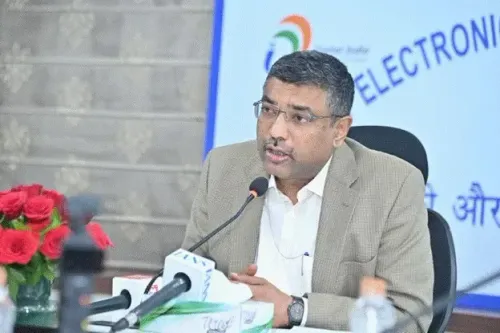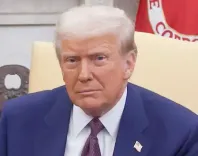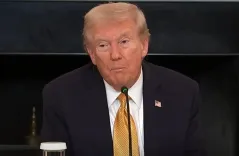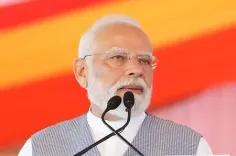South Korean Firms to Inject $81.8 Billion into 10 Manufacturing Sectors in 2025

Synopsis
Key Takeaways
- Investment of $81.8 billion planned for key sectors.
- Semiconductor industry to boost advanced memory investments.
- Automotive sector focuses on electric vehicle transition.
- Decreased investments predicted for secondary battery and steel sectors.
- Strategic investments crucial amid global trade conflicts.
Seoul, Feb 12 (NationPress) South Korean firms across 10 pivotal manufacturing domains, including the semiconductor sector, are set to allocate a total of 119 trillion won ($81.8 billion) this year to promote sustainable growth, as reported by the industry ministry on Wednesday.
This investment signifies a 4 percent rise from the 114 trillion-won injected into these sectors last year, according to the Ministry of Trade, Industry and Energy, as per the Yonhap news agency.
The sectors encompass automobile, display, rechargeable battery, steel, biology, petrochemical, shipbuilding, machinery and robotics, and textile.
Investment in the semiconductor field is anticipated to boost in advanced memory operations to meet the soaring demand for chips driven by advancements in artificial intelligence (AI).
The automotive sector aims to increase funding for the shift towards electric vehicles (EV).
Conversely, the secondary battery and steel sectors may see a reduction in investment due to weakened demand and oversupply challenges.
Specific details regarding the planned investments have not been revealed to safeguard the companies' trade secrets.
"Strategic overseas investments are crucial amidst the escalating global trade conflict, yet it is equally important for companies to prioritize domestic investments to generate jobs and address supply chain uncertainties," stated Industry Minister Ahn Duk-geun.
Ahn urged companies to focus on investments in AI as this rapidly advancing technology could spur innovations across numerous industries.
Meanwhile, U.S. President Donald Trump's tariff strategies, including proposed levies on steel and aluminium imports, alongside potential tariffs on vehicles, chips, and pharmaceuticals, are causing South Korea to reassess its trading dynamics to maintain a stable bilateral partnership.
Following a 10 percent tariff on Chinese imports, Trump seems to be directing his focus toward South Korea and other trade partners, with intentions to reinstate a 25 percent tariff on steel imports and elevate the aluminium tariff rate to 25 percent from 10 percent, effective March 12.
In addition to these plans, Trump mentioned that his administration will unveil "reciprocal tariffs" this week while considering new tariffs on vehicles, chips, and pharmaceuticals, raising the possibility of friction with key suppliers, including South Korea.









